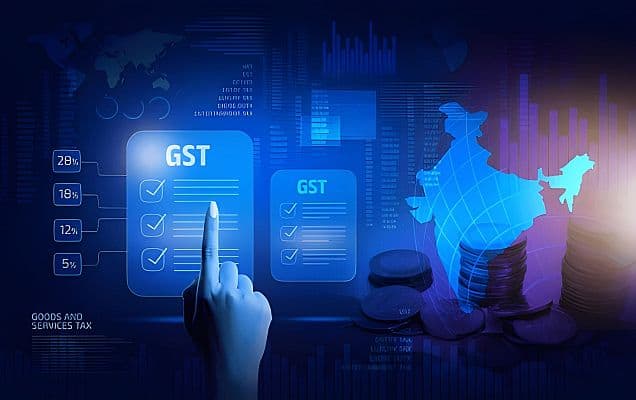In his interaction with the SC/ST, OBC, Minority and Slum Morcha of the Karnataka BJP through the ‘Narendra Modi Mobile App’, the Prime Minister said that they had a paramount role in connecting directly with people and furthering the party’s reach. Noting that the BJP had the maximum number of MPs from the SC, ST, OBC and minorities communities, he appreciated them for their efforts.
Stating that the BJP’s guiding principle was that of Pt. Deen Dayal Upadhyaya’s Antyodaya, he urged the members to further the reach of the party’s initiatives among the weaker sections. Remembering Dr. Baba Saheb Ambedkar, Shri Modi remarked that welfare of each and every community was the BJP’s commitment.
Shri Modi also highlighted Jyotiba Phule’s contribution to fight social injustice with two weapons- education sand women empowerment. Referring to Kabir Das and Ravidas, he said that their efforts to fight social injustice were inspirational and continues to show us the way.
Prime Minister Modi attacked the Congress for humiliating Dr. Ambedkar stating that until they were in power, they did not even confer Bharat Ratna to Dr. Ambedkar. Prime Minister Modi also stated that the BJP was working on developing Panchteerth of Baba Saheb Ambedkar. “Taking inspiration from all the great saints, today we are trying to fulfill Baba Saheb's dream of powerful and prosperous nation”, he remarked.
PM Modi also took questions from the SC/ST, OBC and Slum Morcha and spoke at length about several welfare measures being undertaken to uplift them.
Highlighting several initiatives being undertaken by the BJP-led NDA Government at Centre, Shri Modi said that in 2015 the Government strengthened the SC/ST (Prevention of Atrocities) Act and increased the offences listed in the Act from 22 to 47 to empower the weaker sections. He said that Stand up and Mudra Yojanas were helping to make SC/ST, OBC and women financially empowered.
Attacking the Congress for not letting the OBC Commission a Constitutional Status in Parliament, he said that they were only involved in vote-bank politics and never cared about empowering the weaker sections.
Shri Modi also spoke about how India was rapidly growing. He mentioned that under the NDA Government, India was the second largest steel manufacturer in the world, second largest mobile phone manufacturer and fourth largest automobile manufacturer. He also noted several initiatives being undertaken by the Centre like Smart Cities, Amrut and connecting the waterways.













